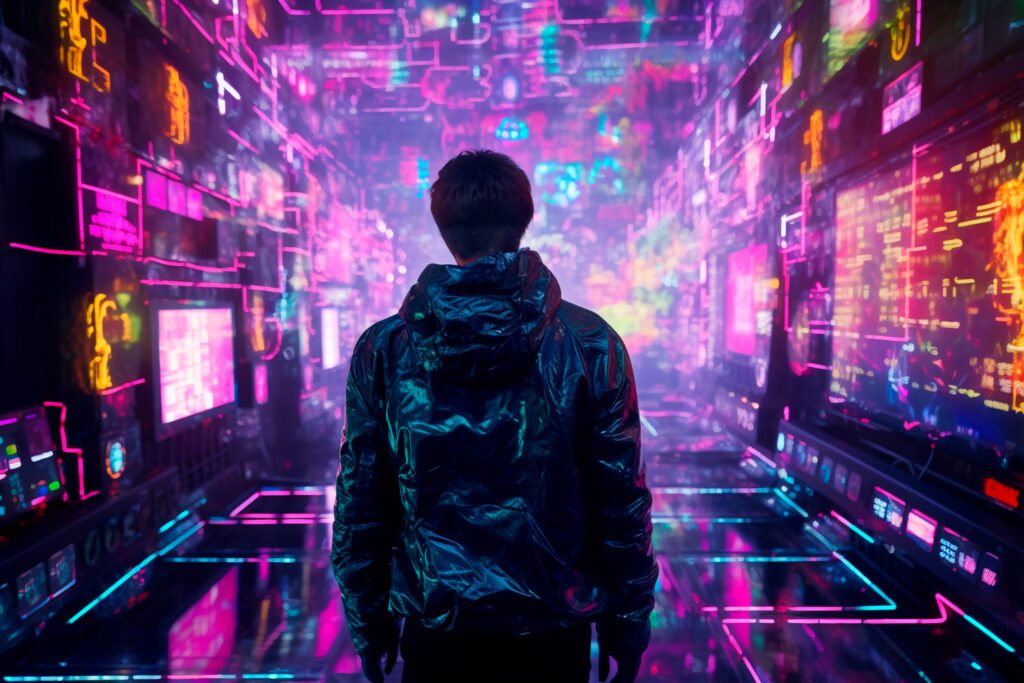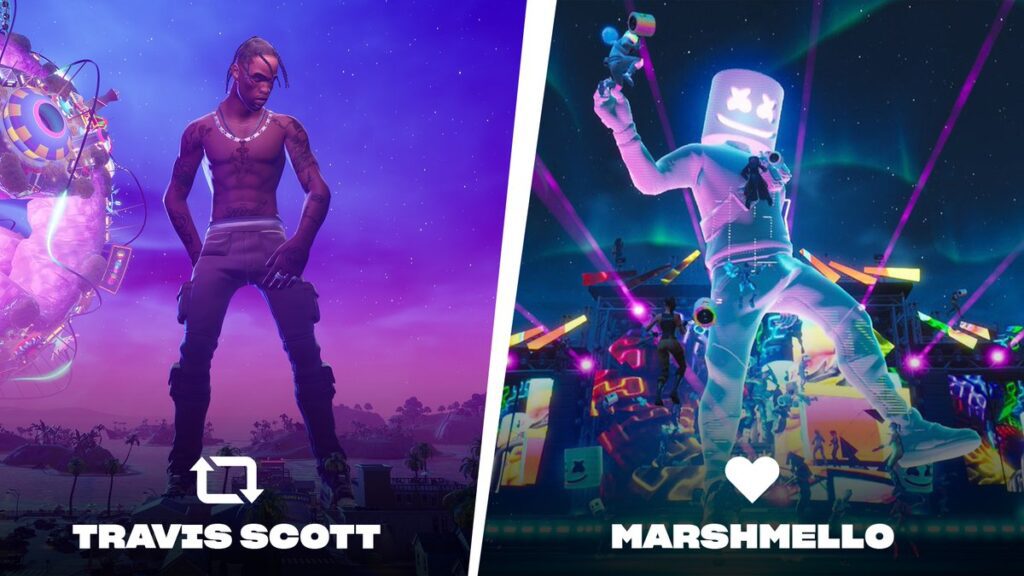The Metaverse represents a convergence of virtual and augmented realities, creating immersive environments where users can interact, socialize, and conduct business. As the technology behind the Metaverse evolves, so too does the role of Metaverse agencies, which serve as intermediaries that bridge the gap between virtual worlds and real-world solutions. This article delves into the intricate workings of Metaverse agencies, their significance in the gaming industry, and how they facilitate the integration of virtual experiences with tangible outcomes.

Understanding the Metaverse
The term “Metaverse” was popularized by Neal Stephenson in his 1992 science fiction novel “Snow Crash,” where it described a virtual reality space populated by avatars of real people. Today, the Metaverse encompasses a wide range of technologies, including virtual reality (VR), augmented reality (AR), blockchain, and artificial intelligence (AI). According to a report by Bloomberg Intelligence, the Metaverse market is projected to reach $800 billion by 2024, driven by advancements in VR and AR technologies (Bloomberg, 2021).
The Role of Metaverse Agencies
Metaverse agencies are specialized firms that help businesses navigate the complexities of creating and maintaining a presence in the Metaverse. They provide a range of services, including virtual world design, avatar creation, digital asset management, and community engagement strategies. By leveraging their expertise, these agencies enable companies to create immersive experiences that resonate with users and drive engagement.
Key Services Offered by Metaverse Agencies
1. Virtual World Design
Creating a compelling virtual environment requires a deep understanding of user experience (UX) design principles. Metaverse agencies employ skilled designers and developers who utilize game engines like Unity and Unreal Engine to build interactive worlds. For instance, the popular game “Roblox” has seen significant success due to its user-generated content model, which allows players to create their own games within the platform. According to Roblox Corporation, the platform had over 202 million monthly active users in Q2 2021 (Roblox, 2021).
2. Avatar Creation and Customization
Avatars serve as the digital representation of users in the Metaverse. Metaverse agencies assist businesses in developing customizable avatars that reflect their brand identity. This customization enhances user engagement and fosters a sense of belonging within the virtual community. Research indicates that users are more likely to engage with brands that offer personalized experiences, with 80% of consumers stating that they are more likely to make a purchase when brands offer personalized experiences (Epsilon, 2018).
3. Digital Asset Management
With the rise of non-fungible tokens (NFTs), digital asset management has become a critical service offered by Metaverse agencies. NFTs allow for the ownership and trade of unique digital items, such as virtual real estate, art, and collectibles. According to NonFungible.com, the NFT market generated over $10 billion in sales in Q3 2021 alone, highlighting the growing demand for digital assets (NonFungible, 2021). Metaverse agencies help businesses navigate the complexities of NFT creation, marketing, and sales.
4. Community Engagement Strategies
Building a vibrant community is essential for the success of any Metaverse project. Metaverse agencies develop community engagement strategies that foster interaction and collaboration among users. This can include hosting virtual events, creating social media campaigns, and implementing gamification elements to encourage participation. A study by the Community Roundtable found that organizations with strong community engagement see a 20% increase in customer satisfaction and loyalty (Community Roundtable, 2020).
Real-World Examples of Metaverse Agency Success
1. Decentraland
Decentraland is a decentralized virtual world where users can buy, develop, and sell parcels of virtual land. The platform has attracted various brands, including Atari and Sotheby’s, which have established virtual storefronts and galleries. Metaverse agencies played a crucial role in helping these brands create immersive experiences that align with their marketing strategies. For example, Sotheby’s hosted a virtual auction in Decentraland, showcasing digital art and collectibles, which attracted significant media attention and user engagement.
2. Epic Games and Fortnite
Epic Games has successfully leveraged its popular game Fortnite to create a Metaverse-like experience. The company has collaborated with various artists and brands, such as Travis Scott and Marshmello, to host virtual concerts within the game. These events have drawn millions of viewers, demonstrating the potential of the Metaverse as a platform for entertainment and brand engagement. According to Epic Games, the Travis Scott concert attracted over 12 million concurrent players (Epic Games, 2020).

Epic Games has partnered with artists for in-game concerts.
Challenges Faced by Metaverse Agencies
Despite the opportunities presented by the Metaverse, agencies face several challenges. One significant hurdle is the rapid pace of technological advancement, which requires agencies to continuously adapt and update their skills. Additionally, the decentralized nature of the Metaverse can complicate brand representation and user engagement strategies. Privacy and security concerns also pose challenges, as users become increasingly aware of the data they share in virtual environments.
The Future of Metaverse Agencies
As the Metaverse continues to evolve, the role of Metaverse agencies will become increasingly vital. They will need to stay ahead of technological trends, such as the integration of AI and machine learning to enhance user experiences. Furthermore, as more businesses recognize the potential of the Metaverse, the demand for agency services will likely increase, leading to a more competitive landscape.
Key Points
- The Metaverse is projected to reach $800 billion by 2024, driven by advancements in VR and AR technologies.
- Metaverse agencies provide essential services such as virtual world design, avatar creation, digital asset management, and community engagement strategies.
- Successful examples include Decentraland and Epic Games’ Fortnite, which have leveraged the Metaverse for brand engagement and user interaction.
- Challenges include rapid technological changes, decentralized brand representation, and privacy concerns.
In summary, Metaverse agencies play a crucial role in bridging the gap between virtual worlds and real-world solutions. By offering specialized services that enhance user experiences and drive engagement, these agencies are shaping the future of the gaming industry and beyond. As the Metaverse continues to grow, the collaboration between businesses and Metaverse agencies will be essential for creating immersive and meaningful experiences that resonate with users.

